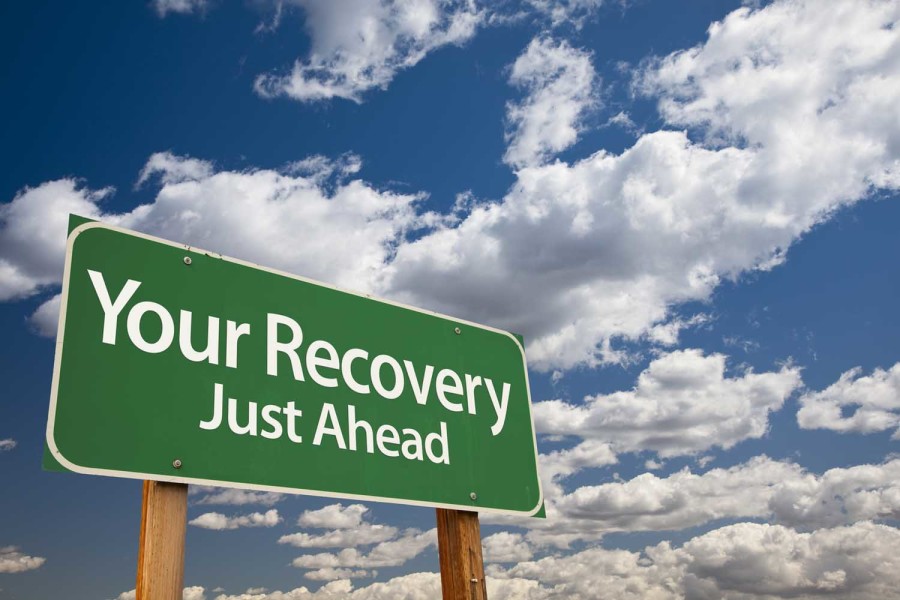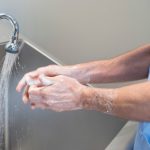Understanding and living with substance abuse is challenging whether you’re the addict or the loved one trying to cope with it.
You cannot control everything. You have no influence over what other people say or do, and life will create circumstances that are uncomfortable. If you’re a recovering addict you know this, you’ve heard it a hundred times, and you’ve lived it. Yet there are things that make you want to use again. One of the most important aspects of recovery and staying sober is recognizing triggers – the things that make you want to justify using again.
There are many types of triggers, all of which can be a recipe for relapse. Recognizing these triggers and putting a stop to them can help you or a loved one avoid the trap of relapse and stay on the journey of recovery.
According to addictioncenter.com, triggers for relapse generally fall into three categories: emotional, environmental, or exposure. It is important to recognize these triggers and identify what makes you or your loved one justify wanting to use again.
Is it emotional? These types of triggers can be both positive and negative. Positive triggers can be the memories of celebrations in the past – good memories having fun with friends, falling in love, or achieving an important goal. Negative triggers can be memories of heartache, such as the loss of a loved one or a bad break-up. Memories that are so painful you wish to be numb or forget them entirely.
Is it environmental? Environmental triggers can be tough because they can be a part of everyday life. As humans, we are creatures of habit and we tend to repeat behaviors that work. So, if drugs or alcohol are easily available at a certain place or with a certain individual, we’re naturally drawn back to that environment and repeating the same behavior is imminent.
Is it Exposure? Exposure can be problematic because it involves social pressure. Maybe a good friend is having a party and you know alcohol will be served along with an array of other substances. Perhaps your office is within close proximity to a popular bar and your work colleagues like to have a few cold ones after a tough day at the office. Drinking after work can create a sense of comradery, and more than one promotion has come as a result of having a few drinks with upper management. But for the recovering addict, these can be dangerous and unfair situations to navigate.
The key is to try to avoid placing yourself in a situation that encourages a relapse. First, do your best to stay in therapy. Continue your course of treatment, be it meeting with a counselor or group meetings. These programs work and provide the necessary support to help a person stay strong and motivated not to return to using.
Next, avoid placing yourself in a situation where the temptation to use will be strong and the exposure to use drugs or alcohol will be easy. It’s okay to avoid situations where peer pressure will be high, especially in the first stages of recovery. It’s too easy to fall in to the trap of “just one won’t hurt,” or “using one substance is not the same as using another.” You don’t want to be using the following excuses: “I’m addicted to meth, not alcohol.” “Just one hit won’t hurt.” “This is the last time I’ll do this.”
And finally, if you do happen to have a relapse, remember that you are human and that we all make mistakes. One relapse doesn’t mean that therapy has failed or that you are a failure. Addiction is a disease and full recovery takes time, persistence, and patience with oneself.
Steer clear of recipes for relapse and avoid the traps that make relapse possible. After all, recovery cannot be considered a “one time” accomplishment. Instead, it is an ongoing process and a lifetime journey that one must commit to making in order to be successful.







